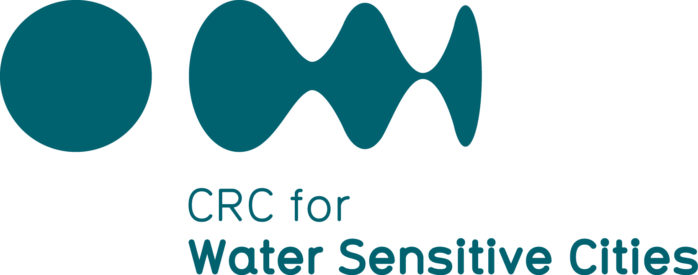TARGET Launch; a new module integration of the WSC Scenario Tool
The CRC for Water Sensitive Cities’ Tools and Products (TAP) team have completed the integration of the TARGET module into the WSC Scenario Tool. We launch the release with some key presentations from experts and industry users, followed by a 15-minute panel session where attendees are invited to direct questions to the presenters in a Q&A session.
Opened by CRCWSC’s Chief Research Officer, Dr Briony Rogers, we first invite Dr Christian Urich to give an overview on how Scenario Tool has been significantly improved following the integration of TARGET, providing details on the functionality and features of the module. Climate Scientist, Dr Stephanie Jacobs, will present an overview of microclimate modelling, how TARGET works, and how the results can be used. Mellissa Bradley will discuss Adelaide’s urban heat issues and how the modelling results from TARGET will strengthen business cases for WSUD investments, and provide evidence for improved policy and urban design guidelines. Water Technology’s Luke McPhail and Edge Environment’s Mark Siebentritt will briefly discuss their experience applying TARGET and the potential use of this module by other industry practitioners. See bios below.
For more details about TARGET see the newly created TARGET Industry Note, which includes the link to register for the online TARGET training to be delivered on 6 May, 2020.
Event Details:
Name: TARGET Launch; a new integration into the WSC Scenario Tool
Date: 29th April, 2020
Time: 11:30am (AEST)
ZOOM Details: Please register for the event and get the zoom details into your calendar
This is open to CRCWSC Participant organisations. Please circulate to your networks and colleagues.
PRESENTERS:
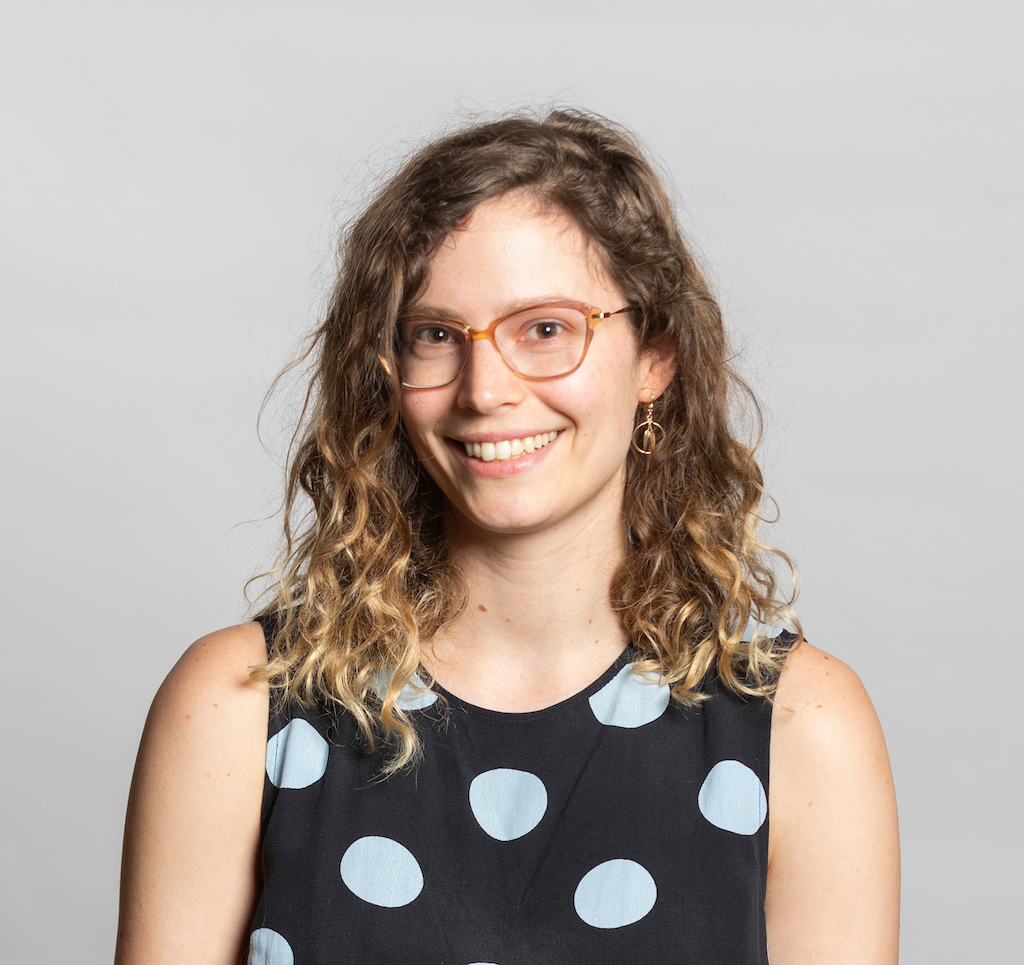
Dr Stephanie Jacobs, Mosaic insights
Stephanie is a climate scientist specialising in urban climate and cooling, climate change and heat stress. She completed her PhD research in modelling urban heat mitigation strategies and human heat stress for Melbourne during heatwaves from the current and future climate. The strategies modelled included cool roofs, increased vegetation and urban irrigation. For Mosaic Insights, Stephanie conducts spatial urban heat modelling from the street scale up to the local government scale using a range of microclimate models.
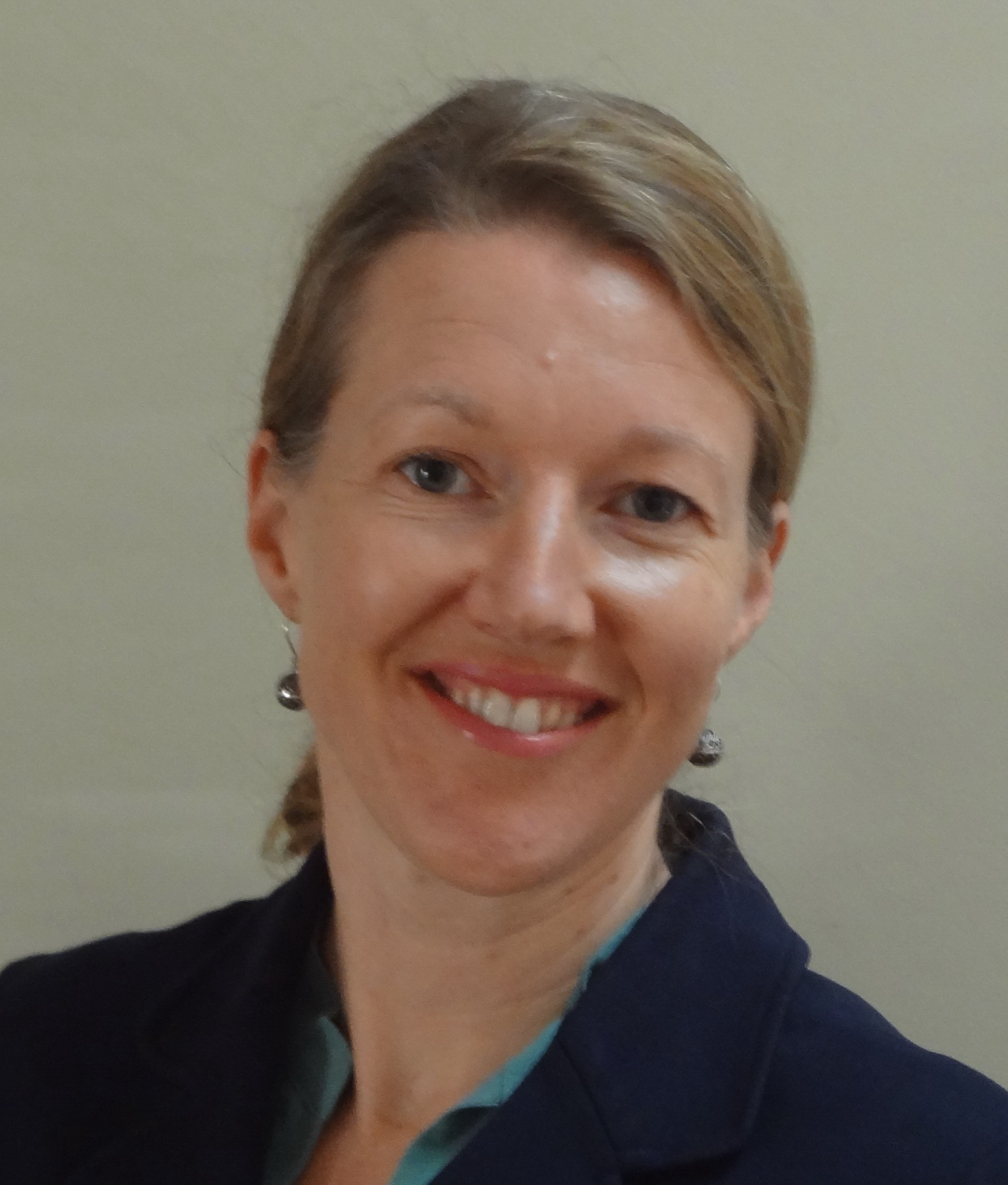
Melissa Bradley, Water Sensitive SA
Mellissa is the Program Manager for South Australia’s water sensitive urban design capacity building program at Water Sensitive SA. She has 25 years’ experience working within the fields of civil design, development assessment, policy development, environmental management and construction management for stormwater and wastewater re-use schemes. Currently, her key focus is on communicating the evidence base for water sensitive city transitions to decision makers, policy writers and practitioners, and providing the tools, guidelines and training needed by industry to apply this knowledge. Melissa is also South Australia’s Regional Manager for the CRC for Water Sensitive Cities.
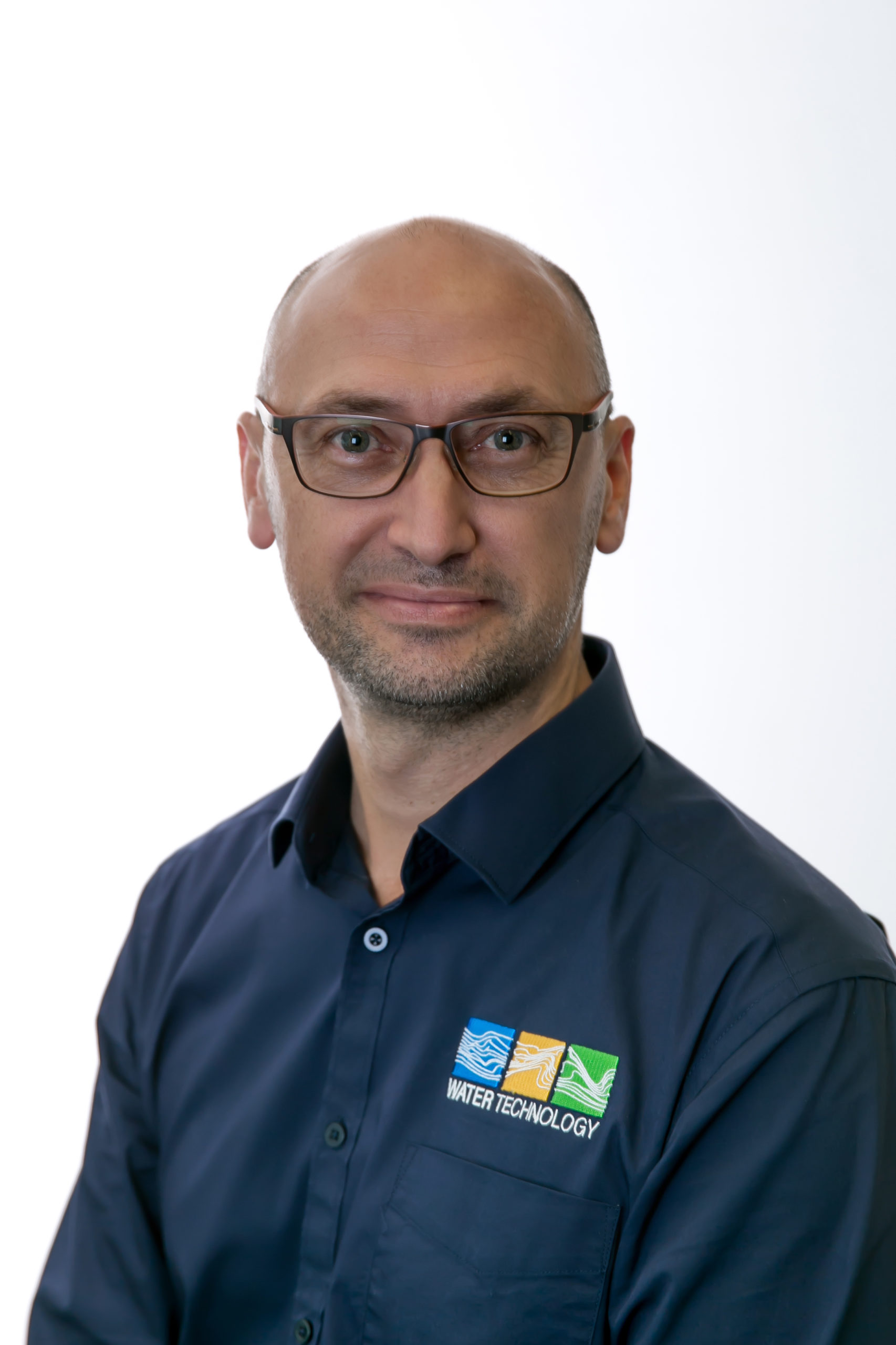
Luke McPhail, Water Technology
Luke is an Integrated Water Management specialist at Water Technology. His focus is on the application of IWM Principles to water challenges for the benefit of clients, communities and the environment. Previously, Luke was a Product and Project Manager for the stormwater quality modelling tool, MUSIC, and a Project Manager for the Australian National Hydrologic Modelling Platform, eWater Source. He is a firm believer in "useable science", and that water management models are a tool (amongst many) to support and inform the decision-making process. Luke is the Chair of the TAP Project Steering Committee and has been actively involved in the testing and application of the CRC's Scenario Tool applying TARGET module.
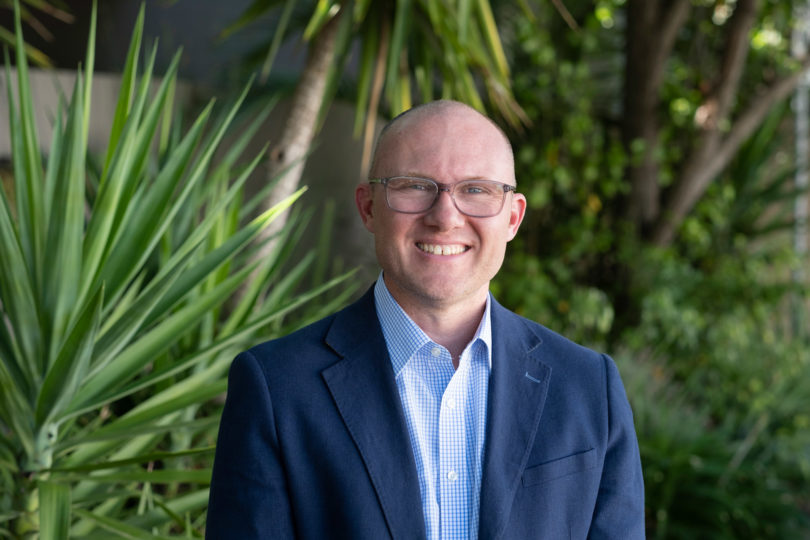
Dr Mark Siebentritt, Edge Environment
Mark’s career spans 20 years in the environmental services sector. As a Director and General Manager for Edge Environment, his focus is on Liveable Cities and Climate Change Risk and Advisory, drawing on experience in the public and private sectors. His focus is on bringing together rigorous technical information and creative engagement processes to deliver leading-edge planning approaches. Mark has over 10 years’ experience in environmental consultancy, firstly in his own businesses (Mark Siebentritt & Associates, Seed Consulting) and now as a Director at Edge Environment. He has delivered a range of liveable cities projects in recent years for the local government sector in NSW, Victoria and South Australia, including urban heat island analyses, urban cooling strategies and greening strategies.

Dr Christian Urich, Monash University
Christian is a Lecturer with Monash University’s Department of Civil Engineering, and leader of CRCWSC’s Tools and Products, an interdisciplinary project to develop decision support and benchmarking tools that integrate the biophysical, social and economic dimensions of a city’s integrated urban water system to inform adaptive policy planning. His research explores the complexity of integrated urban systems and their linkages between the city, its water infrastructure and socio-economic systems, and developing scenarios for sustainable and robust adaptation strategies.
For any questions about the event, please contact Tammie Harold at tamara.harold@uwa.edu.au
For more information on the CRC for Water Sensitive Cities Scenario Tool in general, please visit our website: https://watersensitivecities.
